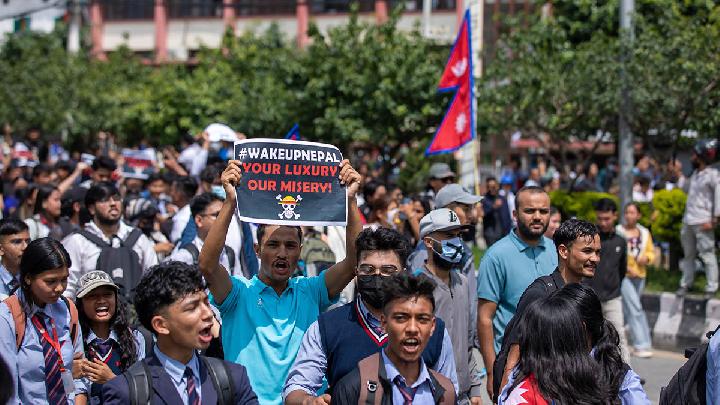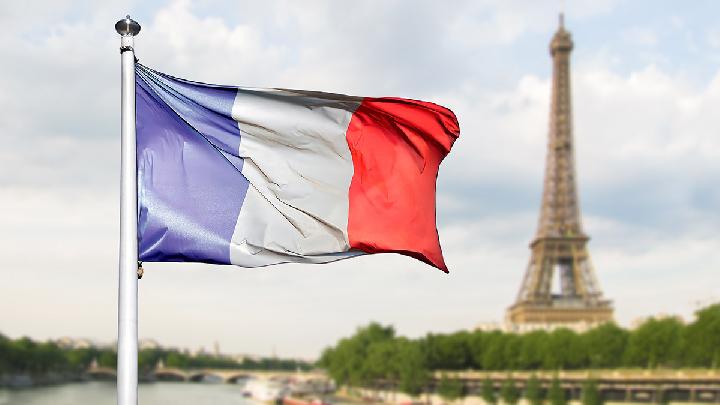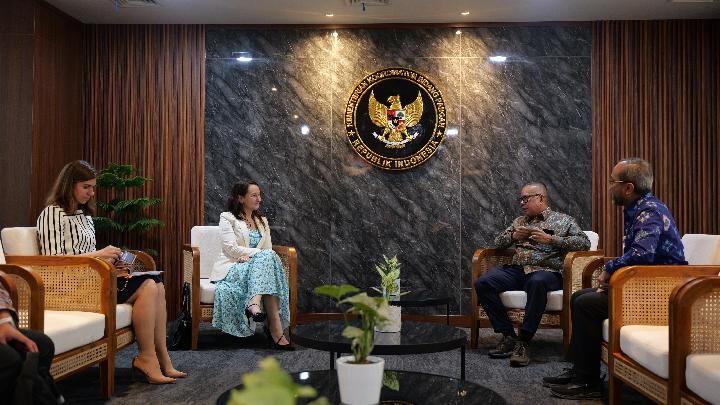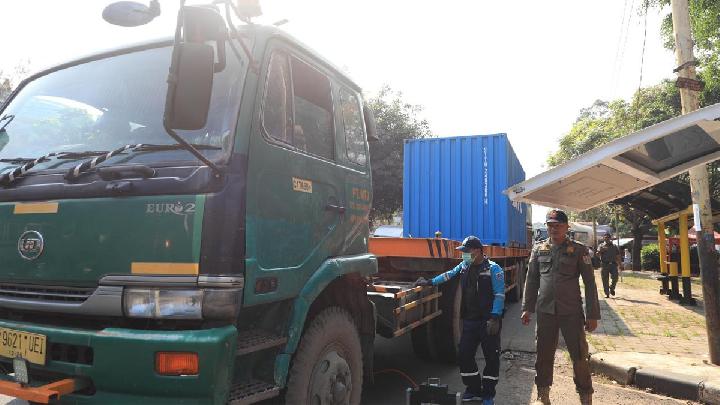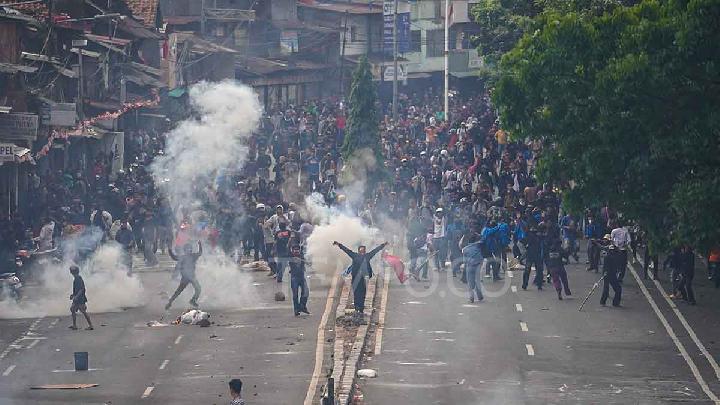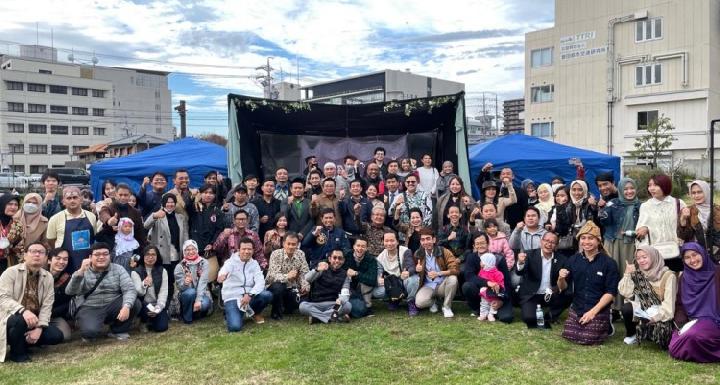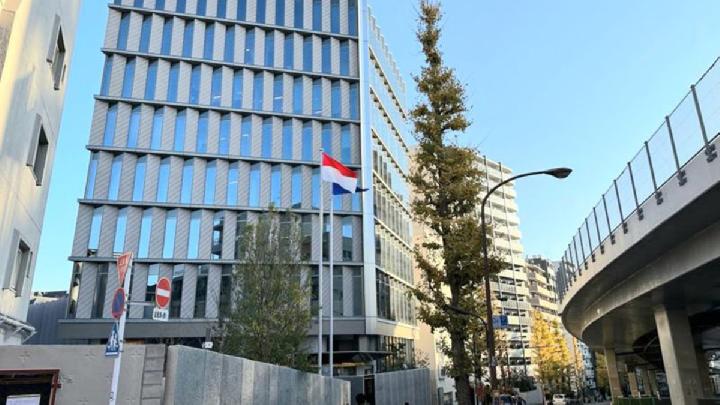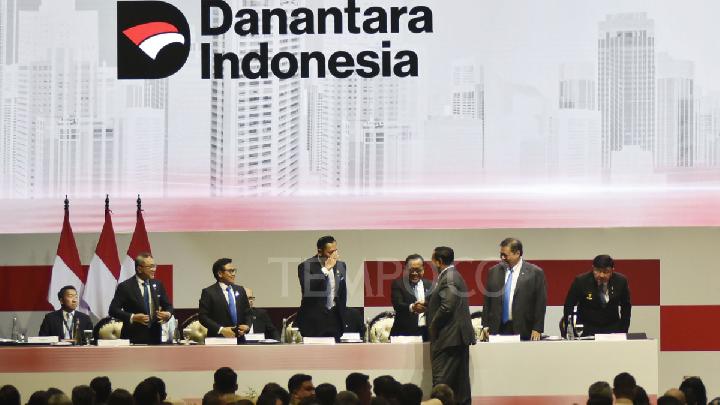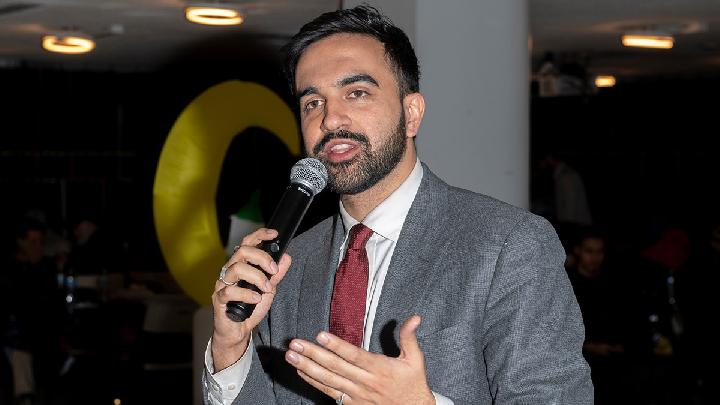TEMPO.CO, Amsterdam - Is it worthwhile, Vrije University (VU) Literature Professor Jacqueline Bel asked, to delve deeper into a writer who has been dead for well over a century? “The answer is clear: according to a recent large-scale study into the Dutch-Flemish literary canon, Multatuli is seen as the greatest Dutch writer, and Max Havelaar as the best Dutch literary work of all time,” Bel said at the opening of the Multatuli International Symposium at the VU in Amsterdam on Wednesday, June 18, 2025.
Max Havelaar, of De koffieveilingen der Nederlandsche Handelmaatschappij (Max Havelaar, or the Coffee Auctions of the Dutch Trading Company), was published in 1860. Eduard Douwes Dekker, using the pen name Multatuli, wrote the book based on his experience as a civil servant in the Dutch East Indies. During that time, he witnessed the suffering of Indonesians under Dutch colonial rule. The book was the first public insight into the brutality of Dutch colonialism, and caused quite a commotion in the Netherlands.
Since then, Multatuli’s influence has reached well beyond his country’s borders. “Max Havelaar is one of the most translated literary works from the Netherlands,” Bel told Tempo in Amsterdam. Multatuli’s writings, she said, have been translated into more than 40 languages.
The VU symposium focused on Max Havelaar’s translations in a number of countries in Asia, Europe, and Africa.
A recent translation, out earlier this year, was into Afrikaans, one of the official languages of South Africa. “Max Havelaar is topical because of the convincing way in which corruption and abuse of power are exposed,” said Ena Jansen, emeritus Professor of South African Language and Literature at the University of Amsterdam, who translated the book into Afrikaans.
Philippe Noble said that Max Havelaar was the most translated Dutch literary work into French. “Between 1876 and 2020, there have been five integral translations of the book, and that does not include shorter fragments,” said Noble, who translated the latest French version of Max Havelaar.
No one less than Lu Xun, considered China’s greatest modern writer, translated two short works of Multatuli into Chinese in 1924. A Chinese translation of Max Havelaar, however, only came out in 1987, from the pen of Shi Huiye. Shi, also known as Jaap Sie, “was born in Indonesia and left, or rather fled, to China in the 1960s,” said sinologist Wilt Idema, who has taught at Harvard University and Leiden University.
Interestingly, the first Japanese translation of Max Havelaar came out in February 1942, a month before Japan took over control of the Dutch East Indies. “While that publication was endorsed by the Japanese Ministry of Culture and Education, it disappeared from circulation not long after it came out,” said Ivo Smits, professor of Japanese Arts and Culture at Leiden University. “The reason might be that the Japanese were the occupiers at the time.”
Smits and Idema said that despite the translations, Multatuli’s work remains largely unknown in both Japan and China.
Quite the opposite in Korea, said Myong-Suk Chi, who introduced Max Havelaar to South Korea with a translation in 1994. “When it came out, it was widely reviewed and discussed,” Chi said. “It was quite a surprise, since it had been difficult at first to find a publisher.” The book struck a chord with the Korean public, Chi believes, as the country suffered 35 years of Japanese occupation, which ended in 1945. “They recognized this rise of nationalism and anti-Western sentiment.”
In South Korea, some have hailed Multatuli as “the Shakespeare of the Lowlands,” Chi said. Max Havelaar is now included in Korean secondary school manuals and continues to be discussed in book clubs and blogs.
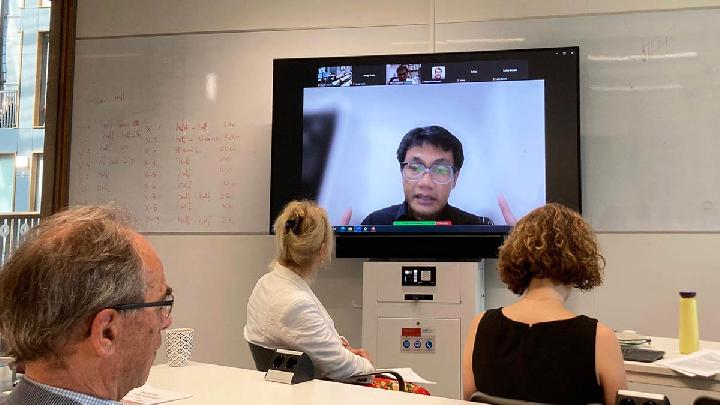
Indonesian historian and MP Bonnie Triyana speaking via Zoom from Jakarta at the Multatuli International Symposium at the Vrije University VU in Amsterdam on June 18, 2025. Photo by Linawati Sidarto
Indonesian historian and MP Bonnie Triyana, speaking at the symposium via Zoom from Jakarta, said that Max Havelaar and its story of corruption and injustice is still relevant today.
Residents of Lebak – the village in West Java which plays a central role in Max Havelaar – are still poor. “Most children in Lebak only have an elementary school education,” said Bonnie Triyana, a native of Rangkasbitung, a district which includes Lebak. “Two centuries after Max Havelaar, people here still live in poverty. Most local farmers don’t own land, and work on other people’s plots for as little as Rp20,000 a day.”
LINAWATI SIDARTO
Editor's Choice: Prabowo Claims Dutch Extracted US$31 Trillion from Indonesia During Colonization
Click here to get the latest news updates from Tempo on Google News

